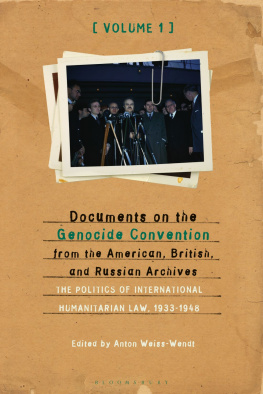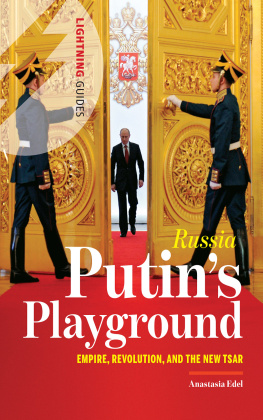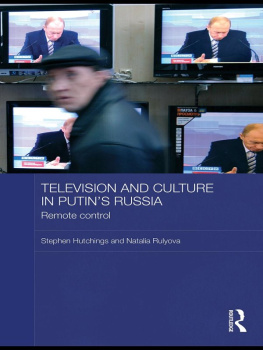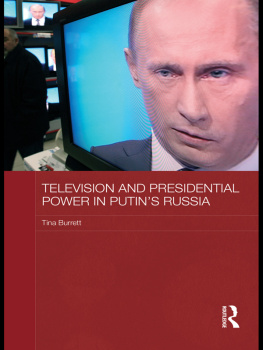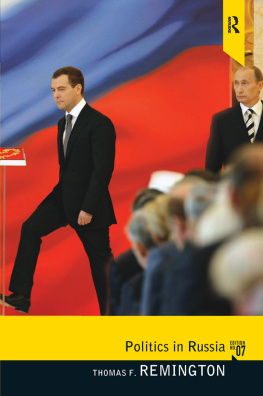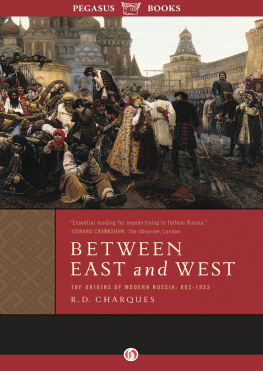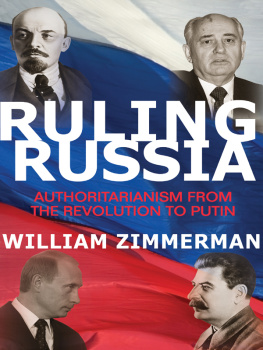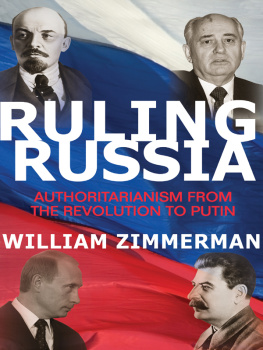Anton Weiss-Wendt - Putin’s Russia and the Falsification of History: Reasserting Control over the Past
Here you can read online Anton Weiss-Wendt - Putin’s Russia and the Falsification of History: Reasserting Control over the Past full text of the book (entire story) in english for free. Download pdf and epub, get meaning, cover and reviews about this ebook. year: 2020, publisher: Bloomsbury Publishing, genre: Politics. Description of the work, (preface) as well as reviews are available. Best literature library LitArk.com created for fans of good reading and offers a wide selection of genres:
Romance novel
Science fiction
Adventure
Detective
Science
History
Home and family
Prose
Art
Politics
Computer
Non-fiction
Religion
Business
Children
Humor
Choose a favorite category and find really read worthwhile books. Enjoy immersion in the world of imagination, feel the emotions of the characters or learn something new for yourself, make an fascinating discovery.

- Book:Putin’s Russia and the Falsification of History: Reasserting Control over the Past
- Author:
- Publisher:Bloomsbury Publishing
- Genre:
- Year:2020
- Rating:5 / 5
- Favourites:Add to favourites
- Your mark:
Putin’s Russia and the Falsification of History: Reasserting Control over the Past: summary, description and annotation
We offer to read an annotation, description, summary or preface (depends on what the author of the book "Putin’s Russia and the Falsification of History: Reasserting Control over the Past" wrote himself). If you haven't found the necessary information about the book — write in the comments, we will try to find it.
Putins Russia and the Falsification of History examines the intricate networks in Russia that engage in historymaking. Whether it is the Holocaust or Soviet mass terror, Tsars or Stalin, the regime promotes a syncretic interpretation of Russian history that supports the notion of a strong state and authoritarian rule. That interpretation finds its way into new monuments, exhibitions, and quasi-professional associations. In addition to administrative measures of control, the Russian state has been using the penal code to censor critical perspectives on history, typically advanced by individuals who also happen to call for a political change in Russia.
This powerful book shows how history is increasingly becoming an element of political technology in Russia, with the systematic destruction of independent institutions setting the very future of History as an academic discipline in Russia in doubt.
Anton Weiss-Wendt: author's other books
Who wrote Putin’s Russia and the Falsification of History: Reasserting Control over the Past? Find out the surname, the name of the author of the book and a list of all author's works by series.

